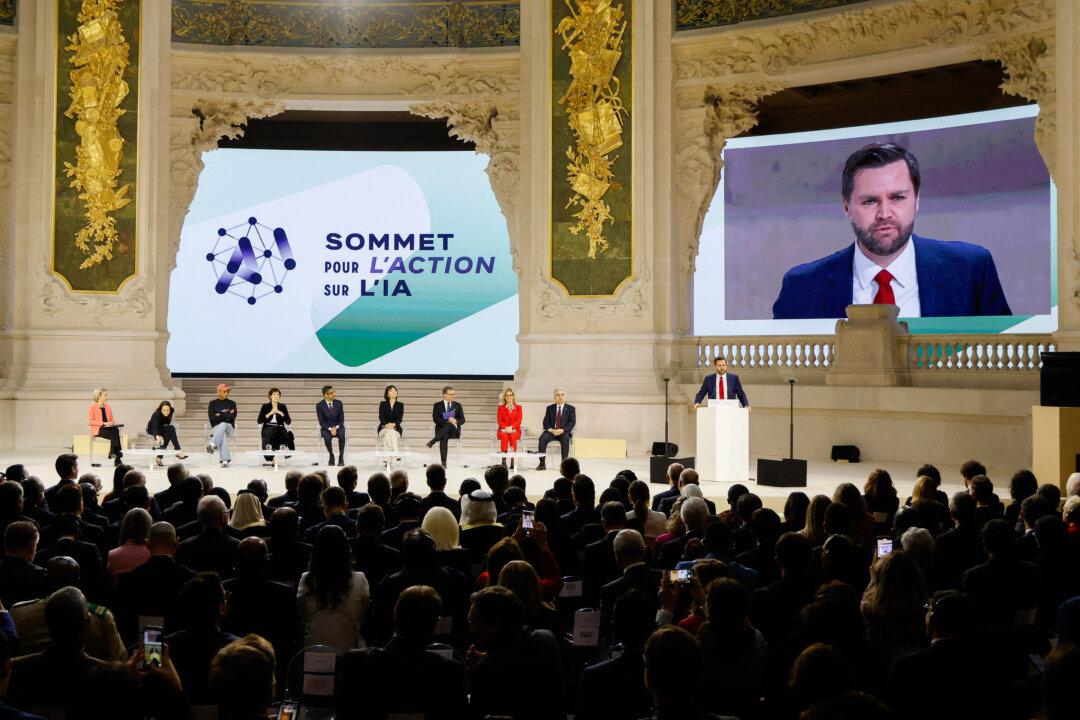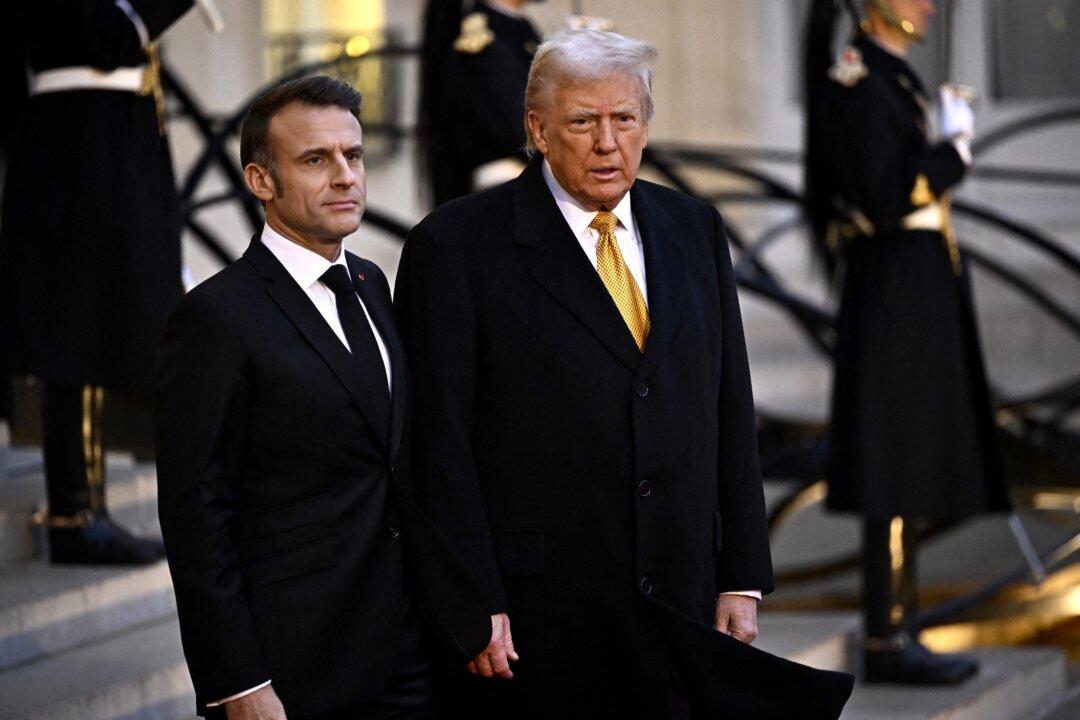PARIS—Vice President JD Vance made his international debut this week at a high-stakes artificial intelligence summit in Paris, marking his first appearance as VP on the world stage.
The event, co-hosted by France and India, convened world leaders, top tech executives, and policymakers to forge a unified framework for AI governance. However, the summit also laid bare the deep philosophical divide between the United States and the European Union’s (EU) approaches to AI regulation.





